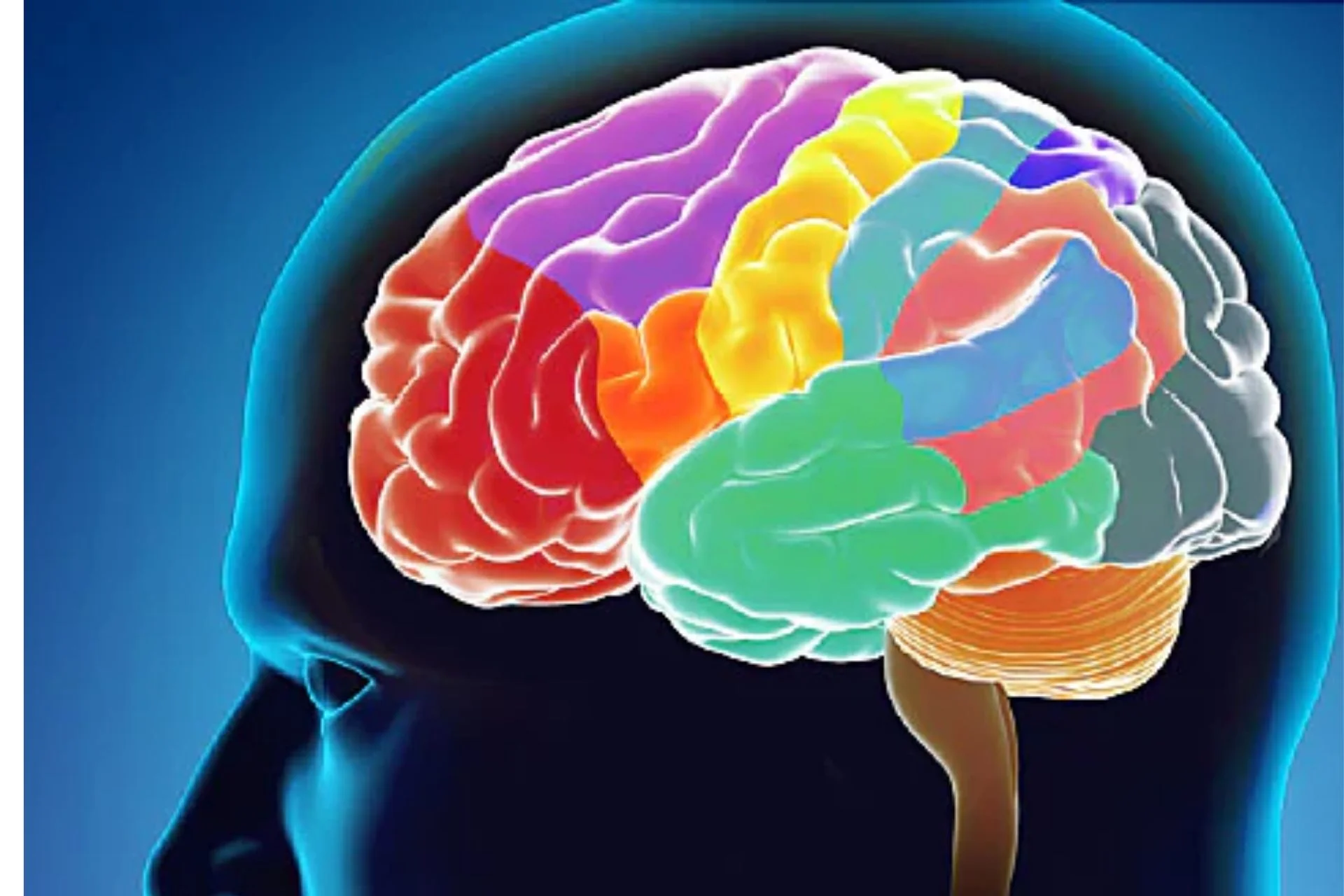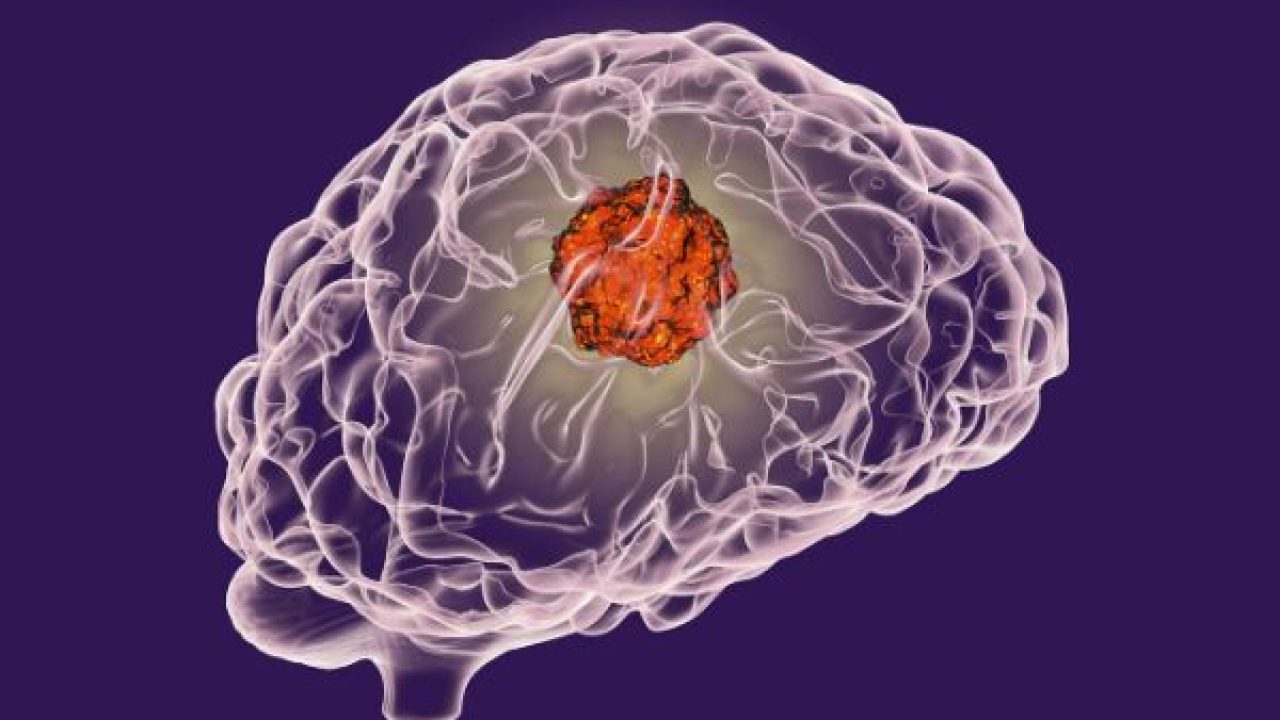Get To Know Symptoms Of The Brain Tumour For Safety…!

Get to know symptoms of brain tumour. The Brain tumour Day is marked on 8 June to raise awareness of and treatment of brain tumours. So let’s look on this day at what is and all about a brain tumour.

This day was conceived by the Deutsche Hirntumorhilfe e.V., a German Brain Tumor Association. A brain tumour may develop and spread to the brain in the cells of the brain or elsewhere.
It’s an abnormal cell collection in your brain that can be cancerous or cancer-free (benign). When you start to gain pressure on your skull, serious symptoms can occur.
Signs and symptoms of a brain tumour include: A common symptom of a brain tumour is headaches. They may worsen in the morning, while sneezing, coughing, or exercising. nauseous Seizures are a medical term for seizures. Vision is hazy. Confusion and a loss of equilibrium Memory lapses. Difficulties writing or reading due to clumsiness. Dizziness. Facial, arm, or leg muscle weakness Changes in mood and behaviour Difficulty in understanding.
Tumour identification: It will start with a neurological exam and a review of your medical history. It will include an examination of your eyes, coordination, and balance. A CT scan of the head was performed. MRI of the head – a special dye can be used by your doctor to detect tumours.
An MRI can provide a much more detailed picture of the head’s structure. Angiography – This procedure allows the doctor to examine the blood supply of the tumours. This could be useful during surgery. X-ray of the skull. A biopsy is performed.
Treatment consists of: Surgery is the most commonly used treatment. This includes removing as much cancer as possible. Radiotherapy is a type of treatment. Chemotherapy is a type of chemotherapy. Physical and speech therapy








